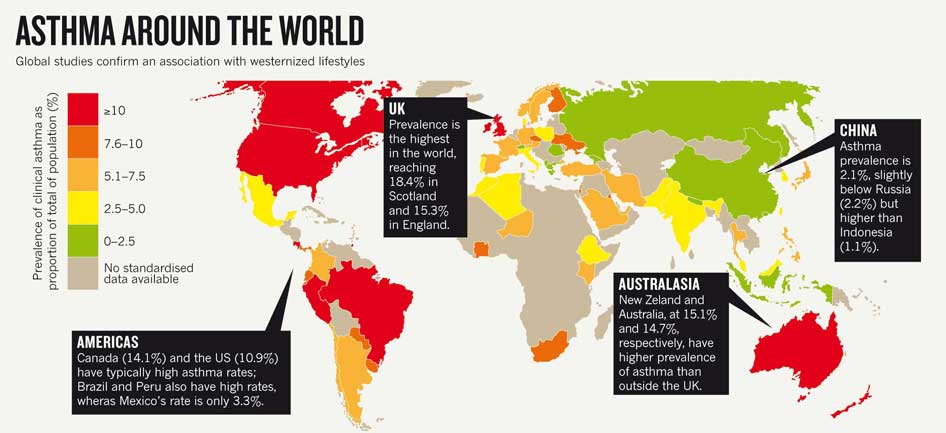Trans Pacific free trade deal to drive up medicine costs: global health group
Xinhua | 2013-09-20
Trans Pacific free trade deal to drive up medicine costs: global health group
WELLINGTON, Sept. 20 (Xinhua) — The head of a global health group warned Friday that the proposed Pacific-wide free trade agreement involving the United States and 11 other countries could lead to higher costs for essential medicines around the world.
The Trans-Pacific Partnership (TPP) agreement was a U.S.-driven trade agreement designed to promote the interests of the U.S. pharmaceutical industry to the great detriment of public health, said New Zealand-based head of the Global Asthma Network (GAN), Auckland University Professor Innes Asher.
"A lobby group influenced by the pharmaceutical industry is seeking to eliminate therapeutic reference pricing and introduce appeals processes that will allow pharmaceutical companies to challenge formulary listing and pricing decisions," Asher said in a statement.
"It is also trying to introduce onerous disclosure and ’ transparency’ provisions that will facilitate industry involvement in domestic decision-making around coverage, reimbursement and pricing of medicines and medical devices."
The TPP would override national pharmaceutical procurement agencies, such as New Zealand’s Pharmaceutical Management Agency ( PHARMAC), which had been highly successful in enabling affordable public access to medicines.
"The TPP will most likely increase costs and reduce access to affordable medicines for New Zealanders. In turn, this would exacerbate inequities in access to medicines in New Zealand, and disproportionately affect disadvantaged population groups, especially Maori and Pacific peoples," said Asher.
GAN also warned the TPP would cause harm not only to populations in the 12 countries currently involved in the agreement, but it would set a dangerous precedent, opening the way for further international trade treaties to target low-income and middle-income countries.
Many of those countries had weaker policy environments, governance and had vulnerable and marginalised populations, she said.
"The Millennium Development Goals acknowledges the need to improve the availability of affordable medicines for the world’s poor. Indeed, any country that aims to improve the health, well- being and development of its population needs to ensure equitable access to affordable medicines for all," said Asher.
U.S. President Barack Obama is pushing for the TPP negotiations to be completed this year, but the talks, being held behind closed doors, have drawn controversy over their secrecy and clauses that many believe would allow transnational corporations to override national sovereignty in areas such as health and safety, environmental protection, workers rights and intellectual property.






